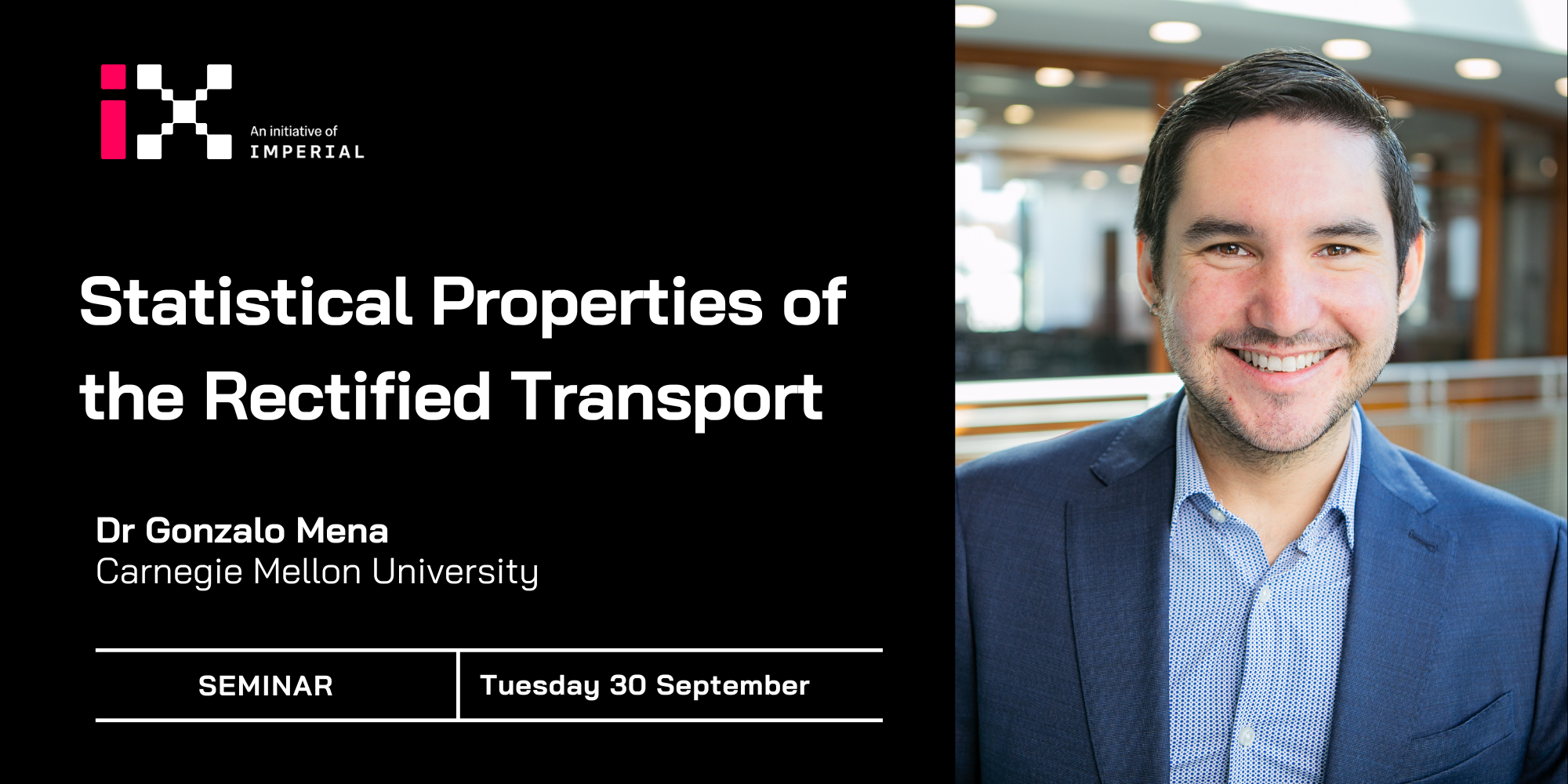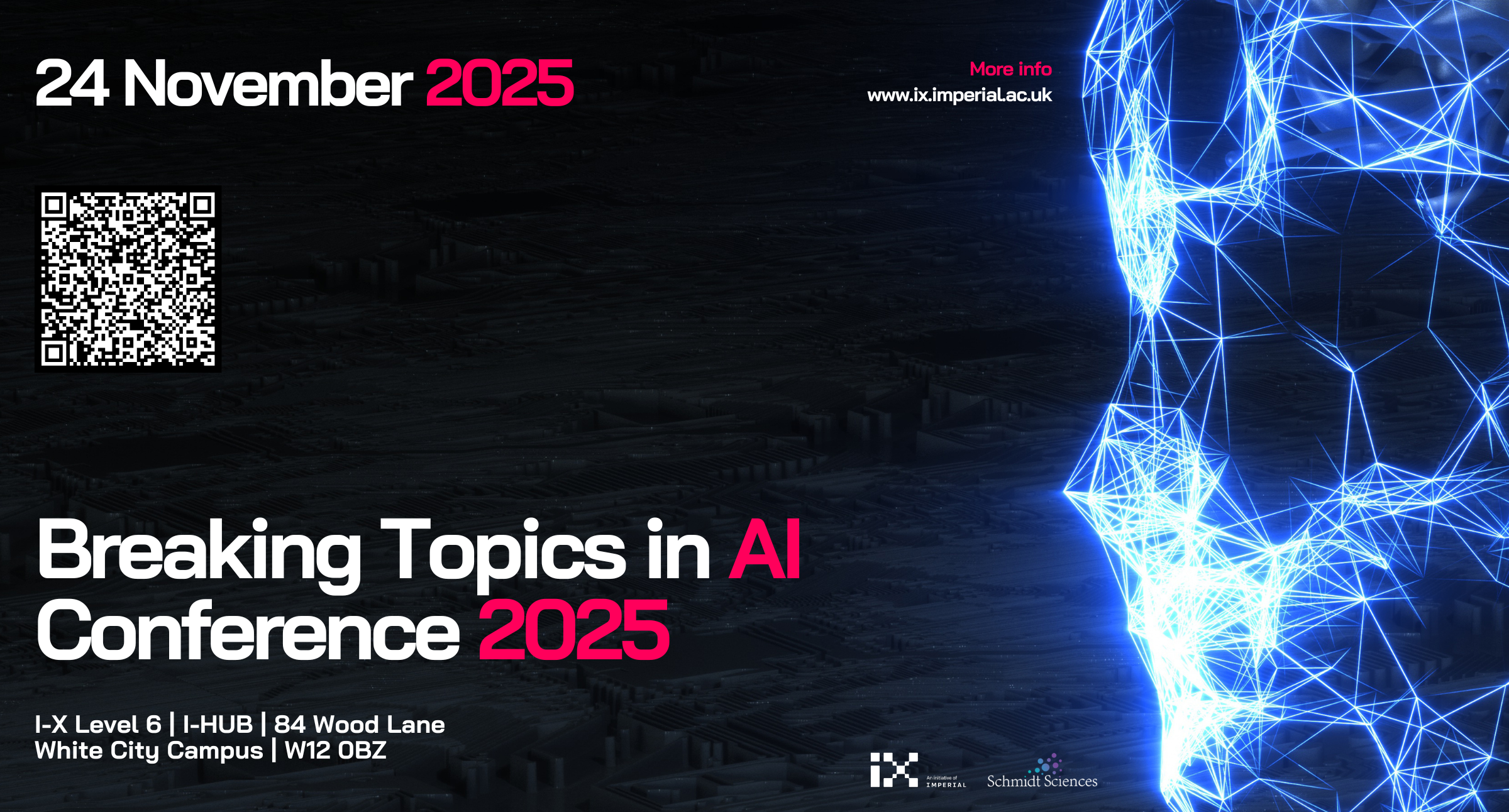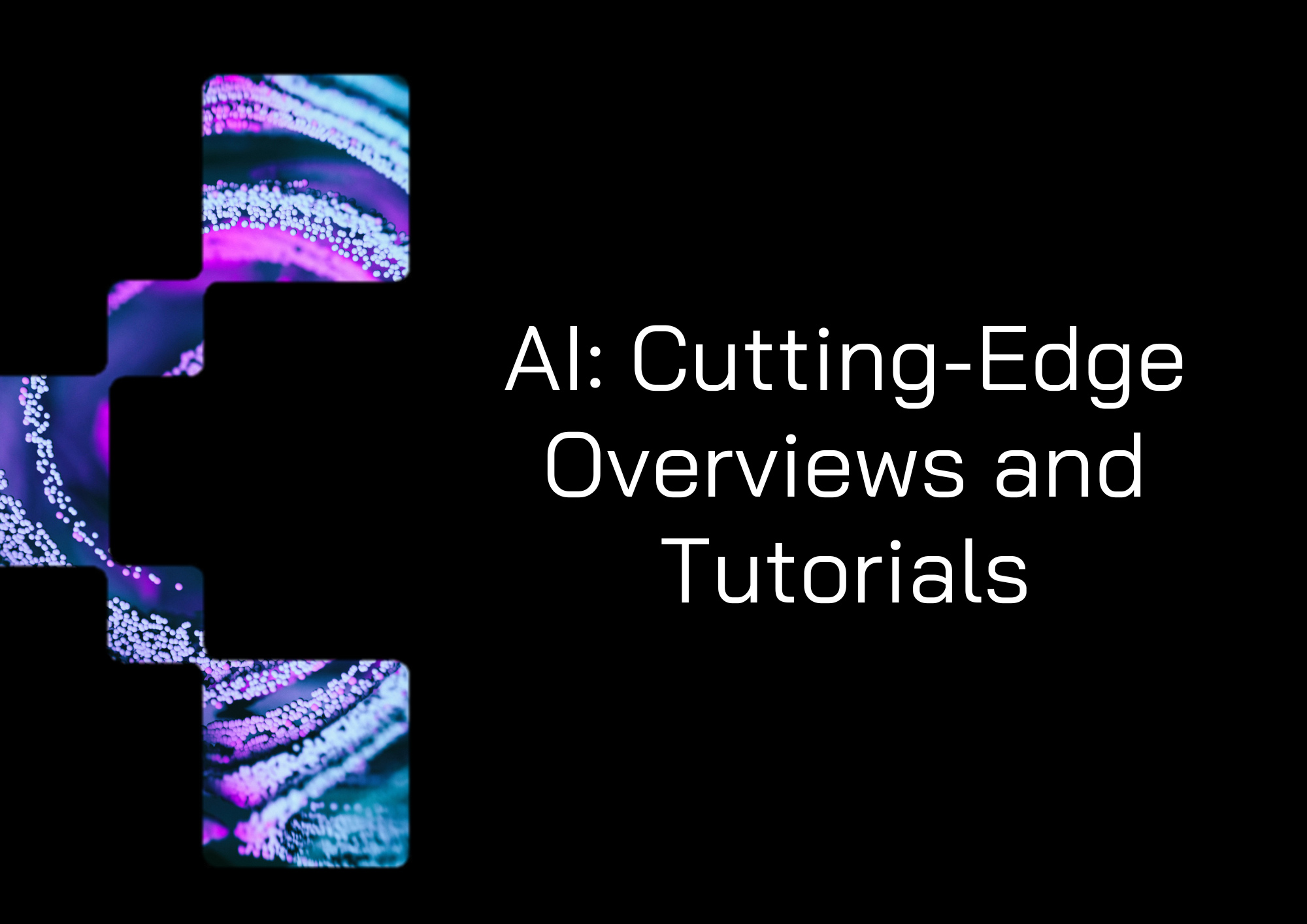Michael Huth (PhD)
Michael Huth (PhD) is Co-Founder and Senior Researcher at the AI company Xayn and Head of the Department of Computing at Imperial. His research focuses on cybersecurity, cryptography, and security & privacy in machine learning. Xayn pioneers next-gen AI for organizations, for example, Noxtua – a legal co-pilot developed with the law firm CMS. Michael studied Mathematics at TU Darmstadt and received his PhD from Tulane University. He worked as a Post-Doc in the US, UK, and Germany before becoming an Assistant Professor at Kansas State University. He joined Imperial as a Senior Lecturer 23 years ago. In October 2024, Michael will become Founding President of the UTN – a university for the age of AI and the future of education, research, innovation, and work.




